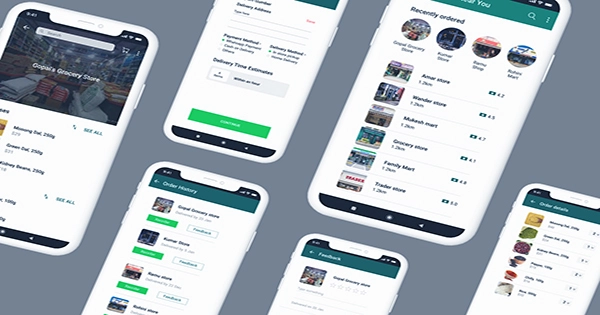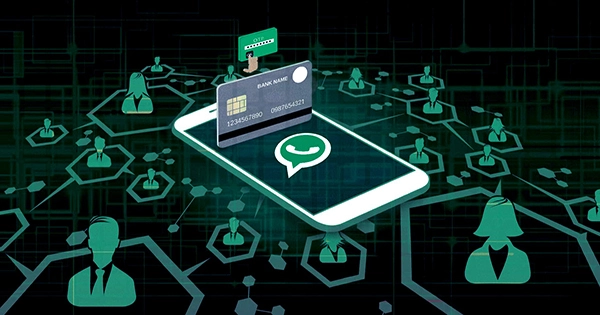WhatsApp is a tool for one-to-one and group chatting that is instant. The world’s most widely used messaging app, owned by Meta, had over 2 billion users as of June 2022. Customers from any industry are probably on WhatsApp.
WhatsApp is primarily used for private discussions, but businesses are starting to recognize its marketing advantages, including:
- Easy access to an audience: Users of WhatsApp typically have notifications enabled, making it possible for businesses to reach them immediately.
- Convenient searching: Users can look for businesses by name and phone number, making it easier for customers to find and get in touch with a company.
- No character limitations: WhatsApp does not have any of the character restrictions that SMS marketing does.
- Business profile: Possibility of developing a corporate profile that promotes firm credibility.
Using WhatsApp
Customer service: WhatsApp allows for one-on-one interaction with clients and potential clients. It’s a practical choice for many shoppers looking for speedy responses. WhatsApp does not require an open browser to receive notifications, in contrast to the majority of web chat applications.
Additionally, businesses can provide self-serve options for frequent inquiries and set expectations for response times using automated “away” and greeting messages.

Marketing messages: Sending broadcast messages is one of a WhatsApp business account’s main advantages for marketers. Like SMS and email, these are one-to-many communications.
There are no limitations on the number of lists, but broadcasts are limited to 256 contacts per list (ideal for reaching VIP clients or event attendees). Messages sent to a small cohort group can foster community, but they can easily veer off subject. Perhaps you should mute the notifications.
Larger lists from businesses can send messages in bulk using the WhatsApp API.
In any case, use WhatsApp messages cautiously, much as you would SMS.
Organize your Business
For a WhatsApp Business account, use a professional phone number. This separates communications for personal and professional use. You’ll need different smartphone SIM cards for this, as well as the ability to access an SMS message to confirm the company phone number.
Once the Business account is operational, create your profile by including your contact information, links, and operating hours. Make a catalog of the goods and services you offer. And submit an application for the WhatsApp business directory so that users can find you there.
Create away and welcoming messages before marketing your WhatsApp profile. Create a variety of pre-written fast replies to save time when responding to frequent questions.
Options for WhatsApp Business: WhatsApp has two paid choices.
Business App: Small businesses should use business apps. All fundamental elements, such as the storefront profile, product catalog, and personalized welcome greeting, are accessible for free.
Business Platform: Business Platform is designed for bigger businesses. Through the API, it provides more messaging features and integration opportunities, like chatbot capability and the ability to send transactional messages (order confirmations, tracking info, verifications). The first 1,000 talks (referred to as “messages”) per month are free. A per-conversation fee is then charged after that.
WhatsApp Shopping
Users may now choose products from a company’s on-app inventory and submit a single order message using WhatsApp’s new shopping cart feature.
But end-to-end buying is on the way. In August 2022, Meta announced an interface with JioMart, an online retailer with headquarters in India, allowing customers to order groceries without ever leaving the app.















